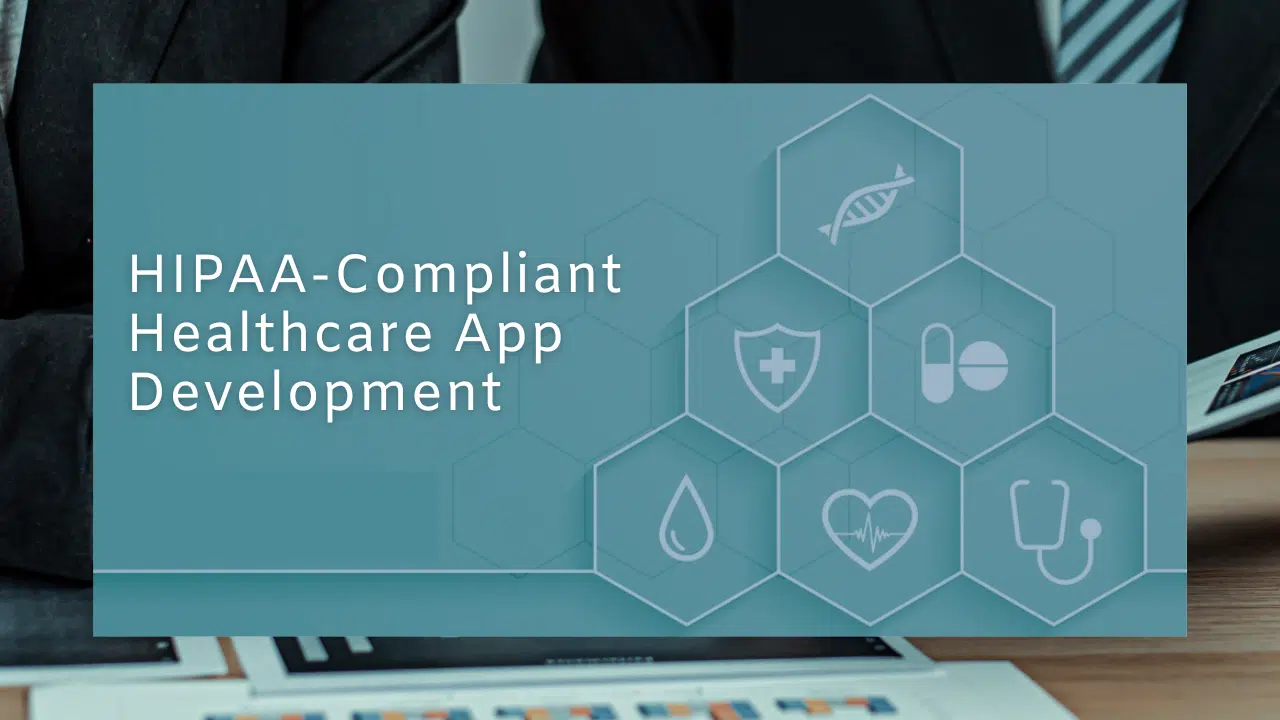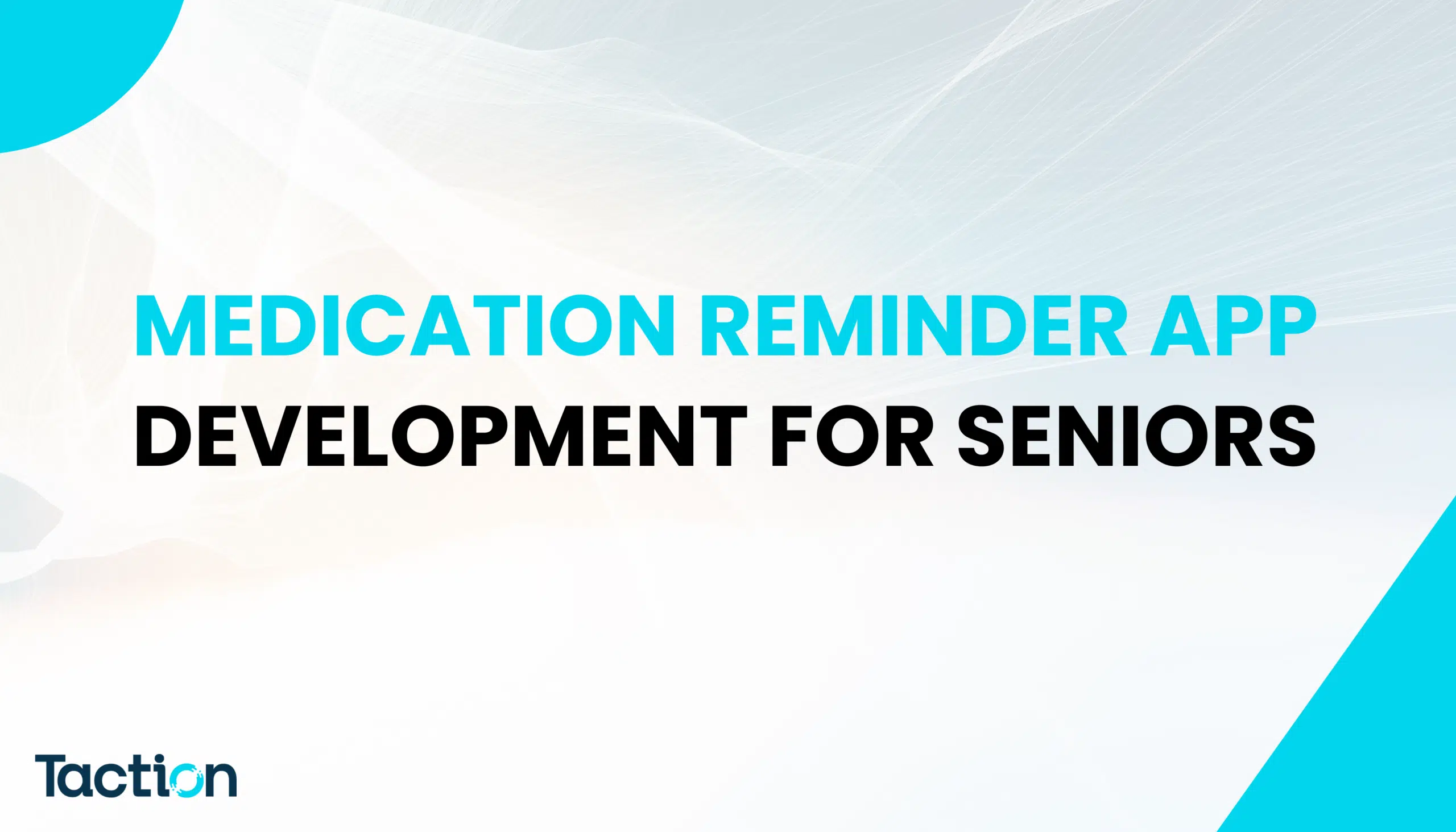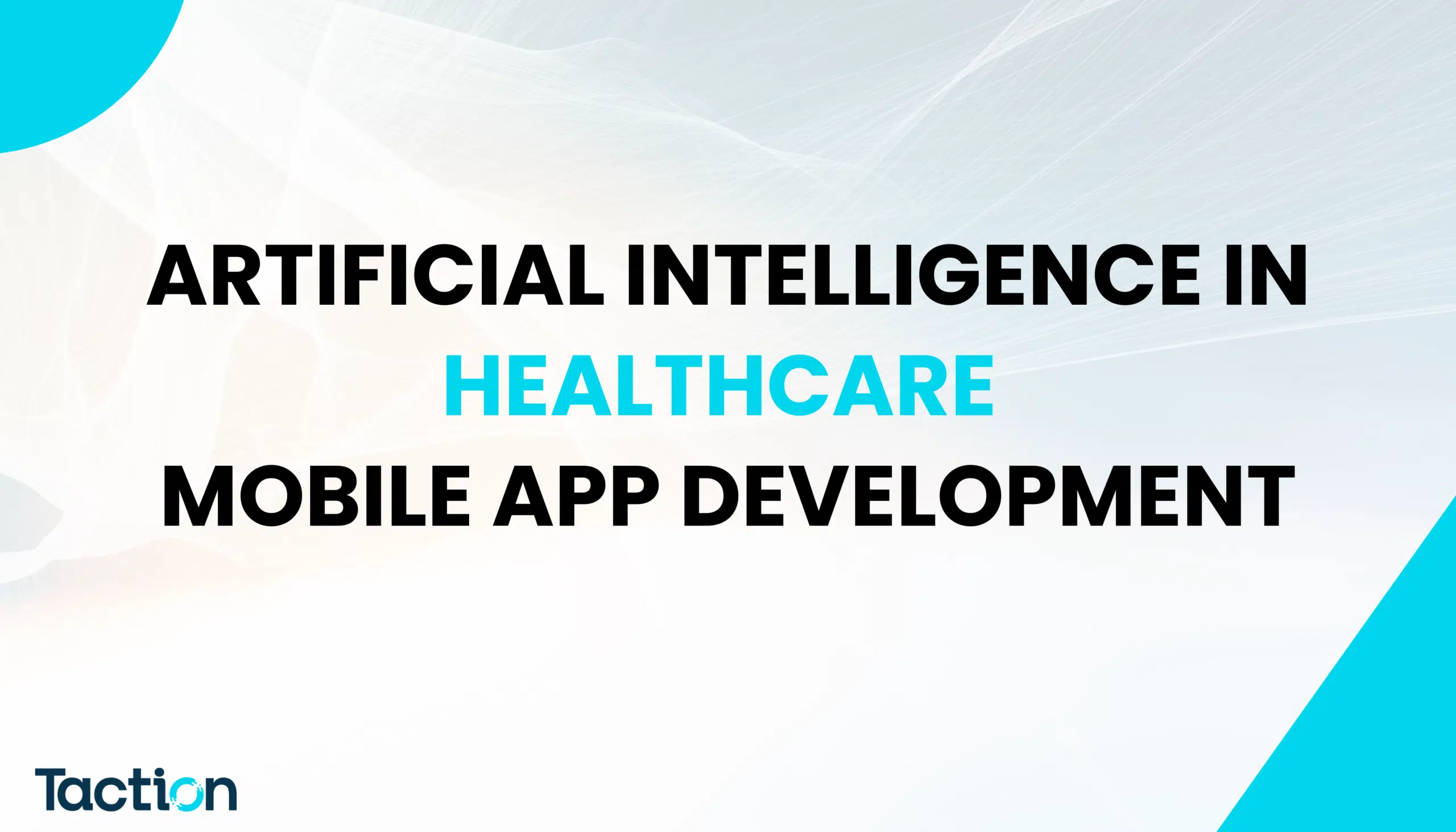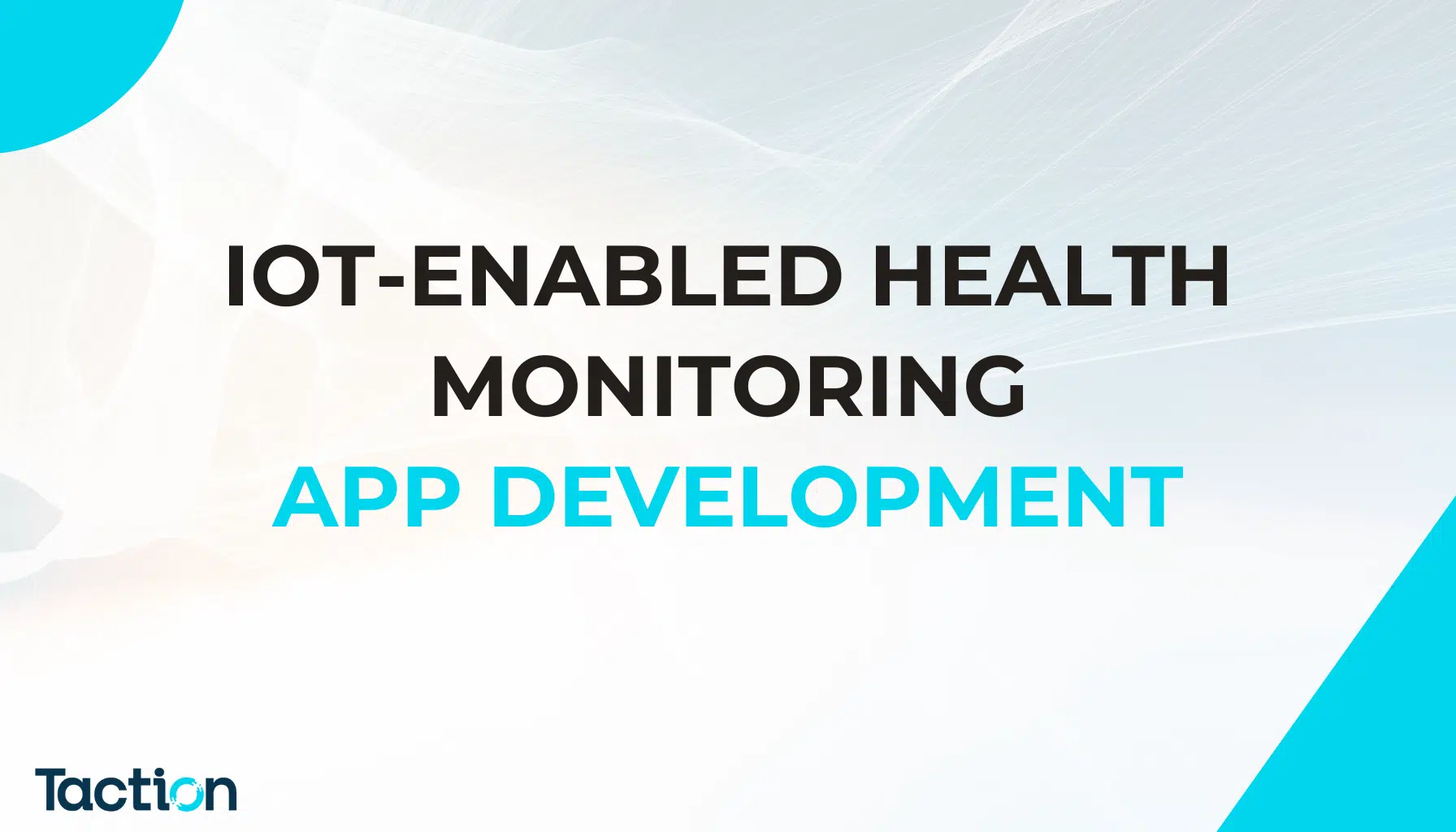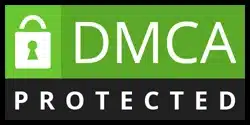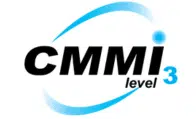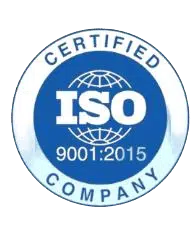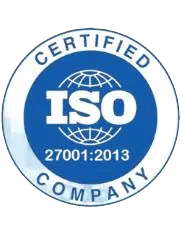Introduction to HIPAA-Compliant Healthcare App Development
The rapid advancement of healthcare technology has transformed how medical services are delivered, making mobile apps an integral part of the healthcare ecosystem. However, with this digital transformation comes a critical responsibility: ensuring the privacy and security of sensitive patient information. This is where HIPAA compliance plays a pivotal role.
HIPAA, the Health Insurance Portability and Accountability Act, establishes stringent regulations to protect patients’ health information (PHI) from unauthorized access, breaches, and misuse. For healthcare app developers targeting the US market, adhering to HIPAA standards is not just a legal requirement but a fundamental necessity for building trust with healthcare providers and patients alike.
In the competitive and highly regulated US healthcare industry, a HIPAA-compliant app ensures data security while fostering patient confidence. From telemedicine platforms to remote monitoring tools, these apps must integrate robust security features like data encryption, user authentication, and audit trails. Moreover, compliance reduces the risk of hefty penalties and reputational damage associated with data breaches.
By focusing on HIPAA compliance, developers can create apps that not only meet legal obligations but also deliver seamless, secure, and patient-centric experiences. This blog explores the nuances of HIPAA-compliant healthcare app development, highlighting how Taction Software leads the way in creating innovative and secure solutions tailored for the US market.
Also read: Custom Healthcare App Development for Small Clinics in the US
Build trust with HIPAA-compliant healthcare apps! Discover how we ensure security and compliance for your app. Contact us today
What Is HIPAA and Why Does It Matter for Healthcare Apps?
Understanding HIPAA: Key Objectives and Compliance Standards
The Health Insurance Portability and Accountability Act (HIPAA) is a federal law enacted in 1996 to safeguard the privacy and security of individuals’ health information, also known as Protected Health Information (PHI). Its primary goal is to ensure that sensitive health data remains confidential and is accessible only to authorized entities. HIPAA outlines several compliance standards, categorized into Privacy Rules, Security Rules, and Breach Notification Rules.
The Privacy Rule protects all forms of PHI, whether stored digitally or in paper form, and defines the circumstances under which data can be shared. The Security Rule establishes technical, physical, and administrative safeguards to secure electronic PHI (ePHI). Lastly, the Breach Notification Rule mandates that healthcare organizations report data breaches to the affected individuals and regulatory authorities within a specified timeframe.
For healthcare apps, adhering to these standards ensures that features such as data encryption, secure access controls, and activity logging are built into the app’s architecture, safeguarding patient data from unauthorized access and breaches.
Also Read: What Is the Cost of Building a Doctor Appointment App Similar to ZocDoc?
Why HIPAA Compliance Is Crucial for Healthcare Apps in the USA
In the US, healthcare apps handle vast amounts of PHI, making them a prime target for cyberattacks. Non-compliance with HIPAA regulations can result in severe financial penalties, legal consequences, and reputational damage for healthcare organizations. Beyond avoiding these risks, HIPAA compliance is essential for fostering trust among patients and healthcare providers.
A HIPAA-compliant app not only meets regulatory standards but also ensures secure communication between patients and healthcare professionals. It enables seamless integration with electronic health records (EHR) systems while protecting the confidentiality of patient data during storage, transmission, and access.
Given the US’s stringent focus on healthcare data privacy, HIPAA compliance serves as a foundation for delivering secure and user-friendly healthcare apps. For developers, this compliance is not just a legal necessity but a critical factor in creating reliable, scalable, and trustworthy solutions that meet the demands of modern healthcare.
Also Read: The Importance of Healthcare App Development
Key Features of HIPAA-Compliant Healthcare Apps
Data Encryption and Secure Storage Mechanisms
Data encryption is a cornerstone of HIPAA compliance, ensuring that sensitive patient information remains secure during transmission and storage. Healthcare apps must use advanced encryption standards, such as AES-256, to protect electronic Protected Health Information (ePHI). Encryption safeguards data even if it is intercepted or accessed by unauthorized users, rendering it unreadable without proper decryption keys. Additionally, secure storage mechanisms, like HIPAA-compliant cloud platforms, ensure data integrity while meeting regulatory requirements. Implementing these safeguards minimizes the risk of data breaches and enhances patient trust.
User Authentication and Access Controls
Strong user authentication and access control protocols are essential to prevent unauthorized access to ePHI. Healthcare apps must incorporate multi-factor authentication (MFA) methods, such as biometric verification, OTPs, or secure passwords, to verify user identities. Role-based access controls (RBAC) should also be implemented, granting access only to users who require specific data to perform their tasks. These features limit the potential for insider threats and unauthorized access, ensuring data security and regulatory compliance.
Also Read: The Best Telemedicine Platforms of 2024
Secure Communication Channels (e.g., encrypted messaging)
Healthcare apps often involve communication between patients, providers, and caregivers, making secure communication channels a necessity. End-to-end encryption (E2EE) must be applied to messaging, video consultations, and data transmissions to prevent unauthorized interception. Secure communication protocols, such as HTTPS and SSL/TLS, ensure that sensitive information remains confidential during transit. These features are critical for maintaining the integrity of telemedicine and remote patient monitoring apps.
Also Read: How Healthcare Business Intelligence Is Improving Patient Care
Audit Trails and Activity Logs for Transparency
HIPAA requires healthcare apps to maintain detailed audit trails and activity logs that document all interactions with ePHI. These logs track who accessed the data, what changes were made, and when the actions occurred, providing transparency and accountability. Regularly reviewing these logs helps detect unauthorized access, potential breaches, or suspicious activities. By integrating this feature, healthcare apps ensure compliance while supporting proactive security measures.
These key features collectively form the foundation of HIPAA-compliant healthcare apps, enabling secure, reliable, and patient-centric solutions in the evolving healthcare landscape.
Also Read: Patient Engagement Software Solutions
Looking to develop a secure healthcare app? Let’s make it HIPAA-compliant together. Get started now!
Benefits of HIPAA-Compliant Healthcare Apps for Providers and Patients
Enhanced Patient Trust and Privacy
HIPAA-compliant healthcare apps prioritize patient privacy, ensuring that sensitive medical data is safeguarded against unauthorized access or breaches. By adhering to HIPAA regulations, these apps foster a sense of trust among patients, who can be confident that their personal health information (PHI) is protected. This trust is crucial for encouraging patients to engage with digital healthcare platforms, participate in telemedicine consultations, or share vital information through apps without hesitation. A secure app demonstrates a commitment to patient welfare, strengthening the provider-patient relationship.
Also Read: Wellness App Development Company
Improved Interoperability and Data Security
HIPAA-compliant apps are designed to integrate seamlessly with electronic health record (EHR) systems and other healthcare platforms while maintaining stringent data security standards. This interoperability allows healthcare providers to access accurate, real-time information to improve decision-making and enhance patient outcomes. Features like data encryption and secure communication channels ensure that information shared between systems remains confidential and tamper-proof. For patients, this means more coordinated and efficient care, as their medical history and treatment plans are easily accessible by authorized providers.
Legal Protection and Avoidance of Penalties
Non-compliance with HIPAA regulations can result in severe financial penalties, legal action, and reputational damage for healthcare organizations. HIPAA-compliant apps mitigate these risks by implementing necessary safeguards to protect PHI. For providers, this means peace of mind and the ability to focus on delivering quality care without worrying about regulatory violations. Additionally, compliance shields organizations from potential lawsuits arising from data breaches, ensuring long-term operational stability.
By offering these benefits, HIPAA-compliant healthcare apps not only meet regulatory requirements but also empower providers and patients with secure, reliable, and efficient digital healthcare solutions.
Challenges in Developing HIPAA-Compliant Healthcare Apps
Balancing Security with Usability
One of the biggest challenges in developing HIPAA-compliant healthcare apps is achieving the right balance between robust security and user-friendly design. While security measures like multi-factor authentication, encryption, and access controls are essential, they can sometimes complicate the user experience. Overly complex security features may deter patients and providers from using the app effectively. Developers must focus on creating intuitive interfaces and seamless workflows while ensuring the app meets HIPAA requirements. Striking this balance is critical to delivering secure yet user-centric solutions.
Keeping Up with Evolving Regulations
HIPAA regulations are not static—they evolve to address new threats and advancements in technology. For developers, this means staying updated on regulatory changes and incorporating them into their apps. Additionally, state-specific healthcare data protection laws and other international standards, such as GDPR (if applicable), can add complexity to compliance. Failing to stay ahead of these updates can lead to costly penalties or security vulnerabilities, making it essential for development teams to prioritize regulatory awareness and adaptability.
Integrating HIPAA Compliance into Modern App Architectures
Modern app architectures, such as cloud-based systems, microservices, and APIs, offer scalability and flexibility but pose unique challenges for HIPAA compliance. Ensuring that all components of the app—whether hosted on-premises or in the cloud—meet security requirements is a complex task. For instance, integrating third-party APIs or tools requires careful vetting to ensure they adhere to HIPAA standards. Developers must design architectures that are inherently secure, scalable, and capable of supporting the extensive safeguards mandated by HIPAA, such as data encryption and audit trails.
By addressing these challenges proactively, developers can build HIPAA-compliant apps that not only protect sensitive patient data but also provide a seamless, reliable, and future-proof experience for users.
How Taction Software Excels in HIPAA-Compliant App Development
Expertise in HIPAA-Compliant Development Services
Taction Software stands as a trusted leader in delivering HIPAA-compliant healthcare app development services. With over 19 years of experience in healthcare IT solutions, our team understands the complexities of developing secure and efficient apps tailored to meet HIPAA regulations. We leverage cutting-edge technologies and follow best practices to ensure robust data protection and privacy for every project. Whether it’s telemedicine apps, patient portals, or remote monitoring systems, our solutions are built to align with the strictest compliance standards, empowering healthcare organizations to operate confidently in a highly regulated industry.
Our Process for Ensuring Compliance at Every Step
At Taction Software, compliance is integrated into every stage of the app development lifecycle. Our process begins with a thorough risk assessment to identify vulnerabilities and establish a roadmap for compliance. During development, we implement essential safeguards, including data encryption, secure APIs, multi-factor authentication, and role-based access controls.
We also conduct rigorous testing and audits to ensure the app adheres to HIPAA’s Privacy, Security, and Breach Notification Rules. Our approach doesn’t end with deployment—we offer ongoing monitoring, updates, and maintenance to ensure the app stays compliant as regulations and technologies evolve. By collaborating closely with healthcare providers, we tailor solutions that meet their unique needs while maintaining full compliance at all times.
Real-World Examples of Our HIPAA-Compliant Healthcare Apps
Taction Software has successfully delivered several HIPAA-compliant apps for diverse healthcare clients in the USA. For instance, we developed a telemedicine platform that integrates secure video consultations, encrypted messaging, and real-time patient data sharing, ensuring a seamless experience for both patients and providers. Another example is a patient engagement app for a multi-specialty hospital, which features secure appointment scheduling, health record access, and personalized health reminders—all designed with HIPAA compliance at the core.
Our portfolio showcases our ability to translate complex compliance requirements into user-friendly, scalable, and secure healthcare applications. These solutions not only protect sensitive patient information but also enhance operational efficiency and patient satisfaction, setting our clients apart in the competitive healthcare landscape.
At Taction Software, our commitment to innovation, compliance, and patient-centric design ensures that we consistently deliver healthcare apps that exceed client expectations. With our expertise, healthcare organizations can confidently navigate the challenges of HIPAA compliance and focus on providing exceptional care.
Protect patient data with HIPAA-compliant healthcare solutions. Learn more about our expertise!
Essential Steps in Developing HIPAA-Compliant Healthcare Apps
Conducting a Risk Assessment and Security Analysis
The first and most crucial step in developing a HIPAA-compliant healthcare app is conducting a comprehensive risk assessment and security analysis. This process involves identifying potential vulnerabilities in the app’s design, infrastructure, and workflows that could compromise Protected Health Information (PHI). Developers must evaluate risks associated with data storage, transmission, and access, ensuring that all possible security gaps are addressed. By mapping out potential threats, organizations can implement proactive measures to safeguard patient data while ensuring the app meets HIPAA’s strict regulatory requirements.
Implementing Administrative, Technical, and Physical Safeguards
HIPAA compliance requires healthcare apps to include three key categories of safeguards: administrative, technical, and physical. Administrative safeguards involve policies and procedures to manage the app’s access and usage, including defining user roles, conducting employee training, and ensuring compliance at an organizational level.
Technical safeguards focus on securing the app’s infrastructure through measures such as data encryption, secure APIs, multi-factor authentication, and activity logs. These controls ensure that only authorized users can access sensitive data and that any unauthorized access attempts are logged and monitored.
Physical safeguards, on the other hand, involve protecting the app’s hardware and physical infrastructure, such as ensuring secure server locations and restricting access to physical storage devices. Together, these safeguards create a comprehensive framework to protect PHI from unauthorized access, breaches, and misuse.
Regular Testing, Monitoring, and Updates
Compliance is not a one-time achievement but an ongoing process. Regular testing and monitoring are essential to identify and address emerging vulnerabilities. Developers should conduct penetration testing, vulnerability assessments, and security audits to ensure that the app continues to meet HIPAA requirements. Additionally, as technology evolves and regulations change, updates and patches must be applied promptly to maintain compliance.
Monitoring tools can also be integrated into the app to provide real-time alerts for suspicious activities, ensuring that potential breaches are addressed before they escalate. By maintaining a cycle of continuous improvement, developers can ensure the app remains secure and compliant over its lifecycle.
These essential steps ensure that HIPAA-compliant healthcare apps not only meet legal requirements but also provide a secure, reliable, and user-friendly experience for patients and providers alike.
Technologies and Tools Used for HIPAA Compliance
Cloud-Based Solutions with Built-in HIPAA Compliance
Cloud-based solutions play a significant role in ensuring HIPAA compliance for healthcare apps. Platforms like AWS (Amazon Web Services), Microsoft Azure, and Google Cloud offer specialized services designed for HIPAA-regulated environments. These platforms provide built-in compliance features such as secure data storage, access controls, and auditing capabilities. They also offer Business Associate Agreements (BAAs), which are mandatory for HIPAA compliance when entrusting third-party vendors with Protected Health Information (PHI).
Cloud solutions simplify scalability, allowing healthcare apps to securely manage increasing volumes of data while maintaining high levels of security and availability. Additionally, they support seamless integration with healthcare systems, such as Electronic Health Records (EHRs), ensuring that PHI remains protected during data exchanges.
Advanced Data Encryption and Security Protocols
Data encryption is a cornerstone of HIPAA compliance, ensuring that sensitive information remains secure during storage and transmission. Advanced encryption standards like AES-256 (Advanced Encryption Standard) are widely used to protect ePHI by converting it into unreadable formats accessible only through decryption keys.
Security protocols such as Secure Sockets Layer (SSL) and Transport Layer Security (TLS) ensure encrypted communication between users and servers. These protocols protect PHI from interception and unauthorized access during data exchanges. Additionally, technologies like tokenization replace sensitive data with unique identifiers, adding an extra layer of security.
By leveraging these technologies and tools, healthcare app developers can effectively safeguard PHI, meet HIPAA requirements, and deliver secure, reliable solutions tailored for the US healthcare market.
Turn your app idea into a secure reality. Explore our HIPAA-compliant healthcare app development services!
Common Misconceptions About HIPAA Compliance
Compliance Is Only a Concern for Large Healthcare Organizations
One of the most common misconceptions about HIPAA compliance is that it only applies to large healthcare organizations like hospitals or insurance companies. In reality, HIPAA regulations apply to any entity that handles Protected Health Information (PHI), including small clinics, startups, telemedicine providers, and even third-party vendors like app developers and cloud service providers.
Small organizations are just as responsible for implementing HIPAA safeguards as large enterprises. In fact, smaller businesses often face greater risks, as they may lack the robust security infrastructure of larger organizations. Neglecting compliance can lead to significant penalties, loss of patient trust, and irreparable reputational damage, making it essential for organizations of all sizes to prioritize HIPAA compliance.
HIPAA Compliance Is a One-Time Process
Another misconception is that achieving HIPAA compliance is a one-time task completed during the development phase. However, compliance is an ongoing process that requires regular updates, audits, and risk assessments. As technology evolves and new security threats emerge, healthcare apps must adapt by incorporating updated encryption standards, security protocols, and compliance measures.
Additionally, changes in HIPAA regulations or the introduction of new data privacy laws can impact compliance requirements. Continuous monitoring, employee training, and system updates are critical to maintaining long-term compliance. This proactive approach not only ensures adherence to legal standards but also strengthens the overall security and reliability of the app.
Addressing these misconceptions helps organizations better understand the importance of ongoing efforts in achieving and maintaining HIPAA compliance.
Why Choose Taction Software for HIPAA-Compliant Healthcare App Development?
20+ Years of Expertise in Healthcare IT Solutions
Taction Software has been a trusted partner in the healthcare industry for over 19 years, delivering innovative and secure IT solutions. Our team brings a wealth of experience in developing HIPAA-compliant healthcare apps tailored to meet the unique needs of providers, patients, and organizations across the USA. By staying ahead of industry trends and regulations, we ensure our solutions are not only compliant but also innovative and scalable. From telemedicine platforms to patient engagement apps, our expertise spans the entire spectrum of healthcare IT, making us a reliable partner for complex and critical projects.
End-to-End Development and Maintenance Services
At Taction Software, we provide comprehensive, end-to-end app development services to ensure every aspect of your project is handled with precision. Our process starts with an in-depth consultation to understand your specific needs and compliance requirements. From UI/UX design and secure coding practices to rigorous testing and deployment, we ensure that every step adheres to HIPAA standards.
But our commitment doesn’t end with delivery. We offer ongoing maintenance and monitoring services to ensure your app remains compliant as regulations and technology evolve. Our proactive approach includes regular updates, security audits, and support, giving you peace of mind and a future-proof solution.
Client-Centric Approach for Seamless App Delivery
What sets Taction Software apart is our unwavering focus on client satisfaction. We work closely with healthcare providers, ensuring the development process aligns with their operational goals and patient needs. Our collaborative approach ensures that the final product is not only secure and compliant but also intuitive and user-friendly.
We believe that trust is the cornerstone of every healthcare app, and our client-centric approach ensures that your app fosters confidence among patients and providers alike. By choosing Taction Software, you gain a partner who is dedicated to delivering seamless, secure, and impactful healthcare app solutions tailored to your success.
Future Trends in HIPAA-Compliant Healthcare App Development
AI and ML in Enhancing Security and Compliance
Artificial Intelligence (AI) and Machine Learning (ML) are revolutionizing HIPAA-compliant healthcare app development by providing advanced security measures and automating compliance processes. AI-powered algorithms can detect unusual activity, such as unauthorized access or data breaches, in real-time and take immediate action to mitigate risks. Machine learning models can also analyze vast amounts of data to identify potential vulnerabilities, ensuring that healthcare apps remain secure and compliant as threats evolve. By leveraging AI and ML, developers can create smarter apps that proactively address security challenges while streamlining compliance.
Integration with Wearable Technology for Real-Time Monitoring
The increasing adoption of wearable technology, such as fitness trackers and remote monitoring devices, is shaping the future of healthcare apps. These devices collect real-time health data, which must be managed in compliance with HIPAA regulations. Developers are focusing on creating apps that securely integrate wearable technology with healthcare systems, ensuring that data transmission and storage are fully encrypted. This trend not only enhances patient care through continuous monitoring but also opens new avenues for personalized healthcare while maintaining strict data privacy standards.
Blockchain Technology for Secure Data Sharing
Blockchain technology is emerging as a game-changer for secure data sharing in healthcare. Its decentralized and tamper-proof nature ensures that sensitive health information remains confidential while enabling seamless interoperability between healthcare providers. Blockchain can facilitate secure consent management, allowing patients to control who accesses their data. By incorporating blockchain into HIPAA-compliant healthcare apps, developers can create a robust framework for secure, transparent, and efficient data sharing, fostering greater trust among patients and providers.
Secure, compliant, and reliable healthcare apps are just a click away. Contact us today to start your journey!
Conclusion: Transforming Healthcare with Secure and Compliant Apps
HIPAA compliance is more than just a regulatory requirement; it is the foundation for building trust, ensuring privacy, and delivering secure healthcare solutions in an increasingly digital world. As healthcare organizations and patients rely more on mobile apps for consultations, remote monitoring, and data sharing, the need for robust security measures becomes paramount. A HIPAA-compliant healthcare app safeguards sensitive patient information, fosters confidence, and empowers providers to deliver seamless and patient-centric care.
Taction Software is at the forefront of this transformation, combining 19+ years of healthcare IT expertise with cutting-edge technology to develop innovative and fully compliant healthcare apps. From risk assessments to ongoing maintenance, our end-to-end solutions are designed to ensure data security, interoperability, and compliance at every stage. Our client-centric approach ensures that each app not only meets regulatory standards but also aligns with the unique needs of healthcare providers and patients.
By choosing Taction Software, you partner with a team dedicated to driving innovation, enhancing security, and transforming healthcare experiences through compliant, scalable, and user-friendly solutions. Together, we can shape the future of healthcare with technology that prioritizes trust, privacy, and excellence.
FAQs
HIPAA (Health Insurance Portability and Accountability Act) is a US regulation that ensures the protection of sensitive patient health information. Compliance is crucial for healthcare apps to secure patient data, build trust, and avoid legal penalties.
HIPAA-compliant apps must include secure data encryption, user authentication, access control mechanisms, audit trails, and HIPAA-compliant communication protocols, among other safeguards.
Non-compliance can result in hefty fines, legal action, reputational damage, and loss of trust from patients and healthcare providers.
Taction Software follows a structured process, including risk assessments, security implementations, and adherence to administrative, technical, and physical safeguards. Our team has extensive experience in developing fully compliant apps.
Yes, startups can invest in scalable and affordable HIPAA-compliant app development solutions. Taction Software specializes in delivering cost-effective solutions without compromising on compliance or quality.
Yes, telemedicine apps must comply with HIPAA to secure patient information shared during consultations, video calls, and other healthcare interactions.
Encryption is vital for HIPAA compliance as it protects sensitive health information by making it inaccessible to unauthorized individuals, even if data is intercepted.
If an app processes, transmits, or has access to patient data, it must still comply with HIPAA regulations, even if it doesn’t store data permanently.
HIPAA compliance is essential for industries like telemedicine, insurance, hospitals, clinics, pharmacy management, and any other entity handling protected health information (PHI).
You can verify compliance through regular audits, security assessments, and by consulting with HIPAA compliance experts like Taction Software.

